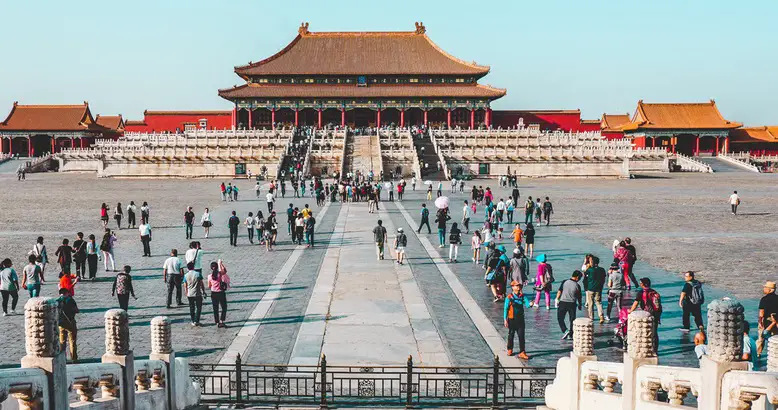Many are pleased to see China finally emerging from Coronavirus lockdowns, but some analysts are striking cautious tones, noting China may have some economic issues which will not be resolved by merely removing lockdown restrictions.
Some foreign analysts are citing persistent signs of economic distress, including a trillion dollar funding shortfall, isolated bank-freezes, and regulators who seem in disarray at times.
Lat week analysts from Nomura Holdings published a report saying that the lockdowns, especially the Shanghai lockdown, “resulted in a sharp contraction in government revenue.” The analysts noted that the gap between revenue and spending was a little over $895.2 billion, which was big enough to consume most of the “stimulus measure” funding touted by Beijing as sufficient to stabilize the economy and restore economic growth.
In addition, the Central government launched a crackdown on real estate debt, which has made it harder to make money by selling land, seriously impacting the real estate market.
Throughout the country, governments at all levels have announced enormous infrastructure plans which are designed to play a part in fueling economic recovery. However as the current revenue shortfalls wend their way through the governments, these plans, and their associated stimulus effects, will almost certainly have to be downgraded as well.
More concerning, is a report from the South China Morning Post, which said that four banks in China’s Henan province have been frozen now since April 18th. This has sparked loud protests from depositors, who have marched through the streets of the provincial capital, demanding the banks give them their money.
Some of the protestors, in interviews, have said their life savings, and in some cases even the multigenerational savings of their entire families, are now locked away in these frozen banks, and they do not know if they will ever see the funds again. Demonstrators have complained the only government response was “brute force,” and being “pushed around” by Police sent in by the government to silence them
The SCMP noted, “Dissent over the country’s weaker small banks is the last thing Beijing wants to see after President Xi Jinping placed economic stability as a top priority and vowed to strengthen supervision within the state-dominated financial system.”
The government officially maintains all four of the frozen banks are under investigation for investing depositor funds in risky investments which were wiped out as the COVID lockdowns cause the Chinese economy to crater. However protestors have said they have no confidence in the government or the banks at this point.
One angry depositor said, “If the central government doesn’t intervene and only relies on the local governments and regulators to investigate these banks, they will continue to evade responsibility. I just can’t trust them.”
That the government has not quickly and quietly resolved the matter, and eliminated the story of failed banks, could easily and suddenly precipitate bank runs as knowledge of the situation spreads.
Meanwhile Foreign Policy has theorized that Russia’s invasion of Ukraine may create price shocks on food and energy which will heavily impact China’s fragile, recovering economy as it comes out of lockdowns. Its report was filled with terms like, “draconian zero-Covid-19 policy,” “aggressive regulation of the technology sector,” and a massive real-estate “debt bubble.”
The analysis concluded, “Couple these recent trends with longer-term headwinds such as slowing productivity growth, demographic decline, and a continued brain drain among technology workers and entrepreneurs, and it becomes clearer that China is not the economic juggernaut many in the West believe it to be.”
Foreign Policy went on to note the damaging effects that would reverberate out from a collapsing Chinese economy, especially in the United States, where we are already tiptoeing around bear markets, recessions, interest rate hikes, a cooling real estate market, skyrocketing energy prices, and a huge national debt crisis. It then examined how the Chinese Communist Party, faced with a grip on power weakened by economic problems, could turn to jingoism and foreign war adventures to distract its own population and focus the national angst on external parties.
These things are obviously difficult to predict. But it pays to keep in mind models of all possible outcomes, to examine for patterns, as events pass by.


